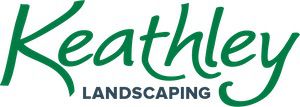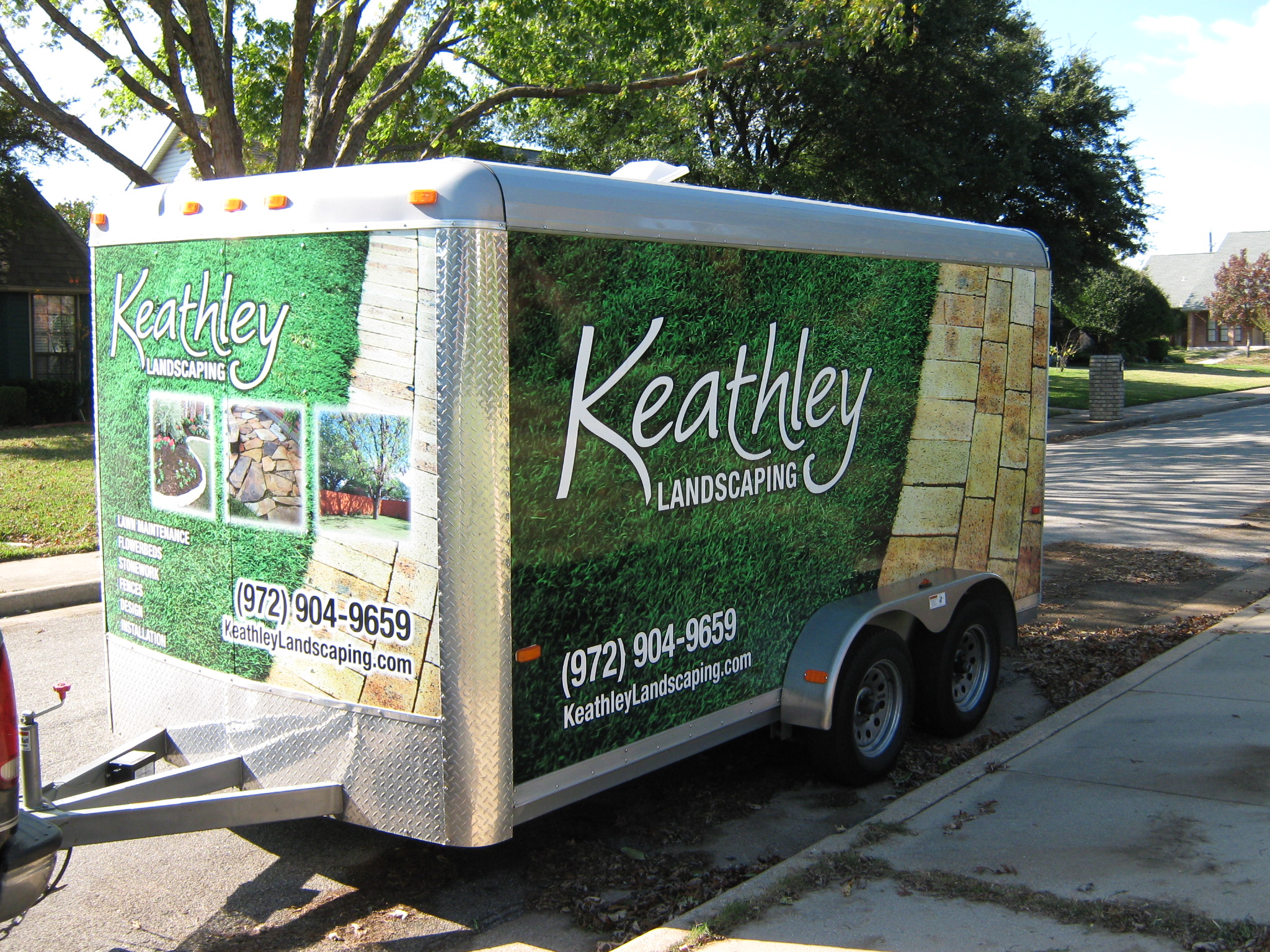Understanding Yard Drainage and Its Impact on Property Value
When it comes to owning a home, maintaining the property’s value is at the forefront of every homeowner’s mind. One often overlooked factor is yard drainage. While it might not be the most glamorous aspect of home maintenance, proper yard drainage can significantly impact property value. 🌧️🏡
Table of Contents
1. Understanding Yard Drainage
2. Impact on Property Value
3. Improving Yard Drainage: Practical Tips
4. Conclusion
5. FAQs
Understanding Yard Drainage
Yard drainage refers to the process by which water is redirected away from areas where it could cause damage. This includes your home’s foundation, landscaping, and any structures on your property. Good drainage ensures that water is effectively channeled away, preventing pooling, erosion, or even flooding.
Think of it as your property’s plumbing system — invisible but crucial. Without it, you might find yourself dealing with waterlogged soil, dying plants, or worse, structural issues. Proper drainage involves a mix of grading, installing drainage systems like French drains, or using rain gardens to naturally absorb excess water.
Impact on Property Value
Now, you might wonder, “How does this affect my home’s value?” Well, potential buyers are increasingly savvy and aware of the importance of proper drainage. 🌟
1. **Foundation Protection**: Poor drainage can lead to foundation issues, a costly problem that can drastically reduce your home’s value. A well-drained yard signals to buyers that the home is well-maintained.
2. **Curb Appeal**: Waterlogged and muddy yards can be off-putting. A lush, well-drained lawn enhances curb appeal and can make a substantial difference in first impressions.
3. **Reduced Maintenance Costs**: Homes with effective drainage systems often have lower maintenance costs, which is an attractive feature for buyers looking for a hassle-free purchase.
Improving Yard Drainage: Practical Tips
Improving your yard drainage doesn’t have to be overwhelming. Here are some actionable tips to get you started:
🌿 **Assess and Grade Your Yard**: Ensure your yard slopes away from your home. This simple step can prevent a lot of water accumulation near your foundation.
🔧 **Install French Drains**: These are trenches filled with gravel that help redirect water. They are particularly effective in areas with heavy rainfall.
🌸 **Create a Rain Garden**: Use native plants to create a rain garden that can absorb excess water naturally. This not only helps with drainage but also boosts biodiversity.
Conclusion
In conclusion, while yard drainage may not be the first thing on your mind when considering home improvements, its impact on property value is undeniable. By taking steps to ensure proper drainage, you’re not just protecting your property but potentially increasing its value and appeal. Remember, a well-maintained home reflects care and attention, which can make all the difference in the real estate market.
FAQs
1. Why is yard drainage important?
Yard drainage is crucial because it prevents water accumulation that can damage your home’s foundation, landscaping, and overall property value.
2. How can I tell if my yard has drainage issues?
Signs of drainage issues include water pooling, muddy areas, or erosion in your yard after rain. You might also notice dampness or water in your basement.
3. Are there affordable ways to improve yard drainage?
Yes, simple solutions like grading your yard, installing a rain garden, or adding downspout extensions can improve drainage without breaking the bank.
4. Can poor drainage affect my home’s resale value?
Absolutely. Poor drainage can lead to structural damage, which decreases a home’s value. Buyers often see it as a red flag during property inspections.






































Recent Comments